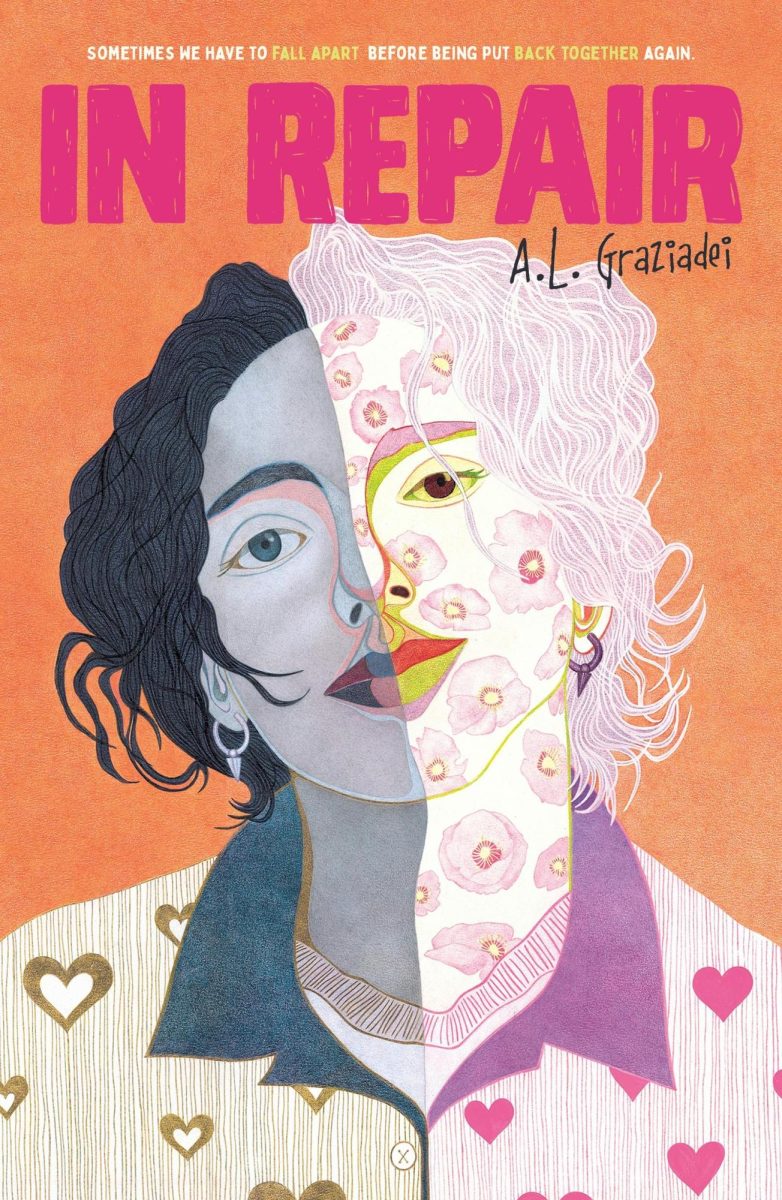By Noah Sheidlower
As technology becomes more integrated into society, people across the globe hear about each others’ culture and news stories; if a leader resigns or a massacre takes place, the news covers it, and we hear about it within an hour or two. Yet the news often portrays countries across the globe in a negative light; bookstores and libraries oftentimes struggle to debunk the myth that many countries worldwide are in disarray or lack significant cultural developments that positively impacted the globe.
Deep in bookshelves lay novels, plays, and poetry of authors from countries that rarely ever make the news for significant cultural developments, stressing the need to become more familiar with the history and values of such countries to gain a more accurate view of the world and to see how rich the words are of these underrepresented authors. In this series, I will explain the literature of a handful of countries from each continent and emphasize why people should not only read them but also expand their understanding of the values of countries that are often portrayed as corrupt and uneventful.
Egypt: Perhaps the most significant author from Egypt was Naguib Mahfouz who wrote about how the Egyptian Revolution of 1919, the reign of President Gamal Nasser, and about how changing views towards socialism, homosexuality, and God transformed his life. Mahfouz’s trilogy of novels entitled The Cairo Trilogy discuss changing Egyptian values in the eyes of Kamal, a child raised in a traditional Egyptian home with strict adherence to Islam and emphasis on male education to become teachers and social activists. Mahfouz’s works, specifically these three novels, highlight Egypt’s shift from male-dominated religious life of the past to more equal secular life; the women in these novels begin to earn degrees in school, Kamal abandons his strict interpretation of the Qu’ran to adopt more scientific values, and new generations grow up in a developing economy with rich cultural developments that the media often covers up.
South Africa: In a history class, students often learn little about the culture of South Africa, spending more time on how the white population completely destroyed the culture of the black population during Apartheid. However, by exploring the plays and novels of 20th-century South Africa, students may see that the level of segregation portrayed in history classes is inaccurate. The novel A Dry White Season by Andre Brink discusses how a ruling class Afrikaner transitions from pro-Apartheid to anti-Apartheid, while Cry, the Beloved Country by Alan Paton examines how through social protest, blacks fought to maintain their tribal communities, suggesting a glimpse of hope in the midst of social instability. The powerful play “Master Harold”…and the Boys captures the point of view of black men raised during Apartheid as they care for a white child who develops a personal connection with them but let’s society mold his disapproving attitude towards the “inferior” black men.
Nigeria: Nigerian literature follows a similar trend to South African literature in that both primarily document the transition from pre-colonial life to the colonial era where traditions and values are lost to the cultures of the colonizer. Authors such as Chinua Achebe grew this idea in his novels, drawing emotional responses from the reader when the protagonist who previously embraced Nigerian traditions falls victim to conformity and either exiles himself or adopts this new foreign culture. Achebe’s most famous novel, Things Fall Apart, discusses a traditional Nigerian clansman who leads a life full of rigidity and adherence to cultural practices; however, as the novel progresses, the white men set up a government, leaving the protagonist isolated. Wole Soyinka, playwright and novelist, argued that African values had become corrupted and that the youth must embrace traditional African culture in his play The Lion and the Jewel. Novels by Chimamanda Ngozi Adichie like Half a Yellow Sun also end on a more mysterious note, the characters negatively impacted by the recent Nigerian Civil War that never surfaces in a high school history class.
Kenya: Kenyan literature rarely ever gets mentioned in the US, but one of the most prominent Kenyan writers, Ngugi wa Thiong’o has made frequent college appearances detailing his embracing of the traditional Gikuyu language and his abandonment of English. His most famous novel, A Grain of Wheat, takes place during Kenya’s struggle for independence, separating families and destroying Kenyan national identity. This novel led him to write in native Kenyan language Gikuyu, his radical writings sending him to prison where he wrote Decolonising the Mind, a thought-provoking and mind-blowing read which argues that Africans must adopt an anti-colonialist perspective in order to continue Africa’s diversity and growth.
Senegal: Just like the writings of Ngugi wa Thiong’o, popular Senegalese writers emphasized a return to traditions to create a national identity untouched by colonizers. Author Leopold Senghor, alongside Martinican author Aime Cesaire established a literary movement called Négritude which stressed a renewal of black identity and a fight against colonization and racism. Through his poetry, Senghor popularized that concept of Décalage, the theory that Black Africans and African Americans fell out of touch and needed to be unified. Senghor wrote in one poem about how a woman is “dressed in your color that is life, in your form that is beauty,” prompting writers like Jean-Paul Sartre to join the Négritude movement.







